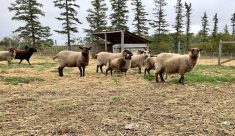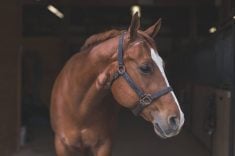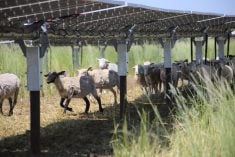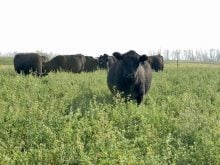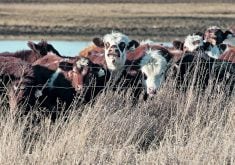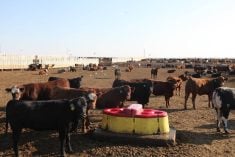af staff |nisku
Farming is for the birds – at least, it could be if you’re looking for a way to boost the income of a fruit or vegetable operation, says business specialist Bert Dening.
The Alberta Agriculture official laid out the merits of adding some fowl to farming operations, and things you need to consider, in a recent presentation to the Alberta Farm Fresh Producers Association.
As a supply-managed commodity, quota is the first issue that comes to mind. However, that’s not necessarily a barrier, said Dening.
Read Also
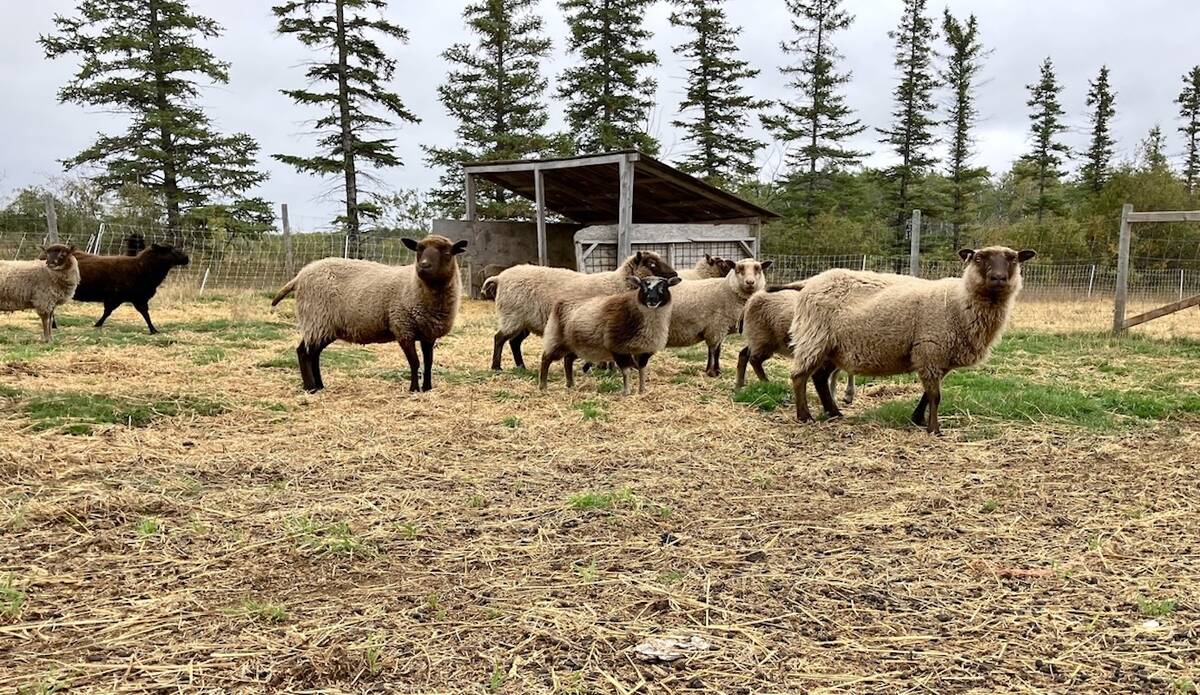
Mosquito-borne virus could be devastating to sheep breeding operations
Cache Valley virus, a mosquito-borne disease that infects small ruminants, could be a devastating hit to small operations.
Producers can have up to 299 poultry layers without quota and there are no limits on duck, turkey, quail or goose eggs. Producers can also raise 2,000 broiler chickens or 300 turkeys a year without quota. Ducks, geese, pheasants, quail and ostriches don’t fall under supply management.
Quota for poultry is bought by weight, which means a producer who wants to produce a lot of poultry must buy quota in thousands of kilograms.
“Quota is expensive, but you can sometimes buy a farm with quota or lease quota,” said Dening.
Broilers and layers are bought from hatcheries as chicks that are only a day or two old.
“Chickens are quite easy to start. As long as you’ve got good feed, lots of feeding space and heat, they do quite well,” said Dening.
They will need a dry environment and a warm one. Heat lamps are commonly used as they allow chicks to huddle under them for warmth but move away if they start to overheat. Dening recommends raising chickens in an insulated facility, as they are susceptible to cold. Laying birds should be kept in a warm, insulated building, but can be outside in the summer.
“Our summers are short but there’s no reason why we can’t raise chickens outdoors in the summer,” he said.
Grain essential
Poultry can obtain 10 to 20 per cent of their daily nutrient needs from the grass, but still require some grain as a supplement.
“You can save some money on feed,” Dening said. “(But) if you only fed them grass, they would die.”
They require clean water and free-choice feed, so they can feed when they want to. Grain, such as wheat or barley is required for energy. Protein is also required, especially for younger birds. Certain types of birds require specific rations and all require adequate minerals and vitamins. Layers need high supplies of calcium and birds require free-choice grit for their gizzards.
Most shelters used in outdoor production are portable, which allow birds the option of being indoors or outdoors, while enabling producers to move the shelter to fresh grass as needed. Dening has had more success raising birds on straw rather than wood chips, and stressed the importance of clean water and clean equipment. He said using chicken waterers with nipples can reduce disease in the flock.
Nests for laying birds can be simple constructions of metal or plywood. The birds need lights and they should be on timers and set for 14 to 16 hours of light per day. Clean bedding is very important for laying birds. Hens prefer a dark, covered place for laying purposes. If the room is bright, they will go to a darker area for laying.
Dening said many people are attracted to heritage breeds, but they require more feed and take longer to reach full market size.
“In my experience, people might not want to pay twice as much for the birds, even though you might need it because it costs twice as much to raise them,” he said.
There are also specific regulations for organic production.
Predators can be a problem and if so, you’ll likely need electric fences. Protecting poultry from predatory birds, such as hawks, requires top fencing.
Many Hutterite colonies throughout the province will process chickens. The main plant is Lakeland Poultry Processors, located in St. Paul. All of these plants are federally inspected, government-approved facilities.
———
Chickensarequiteeasy tostart.Aslongasyou’ve gotgoodfeed,lotsof feedingspaceandheat, theydoquitewell.”
Bert Dening



